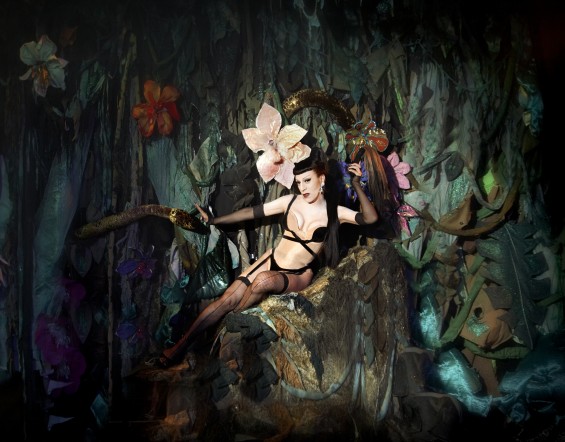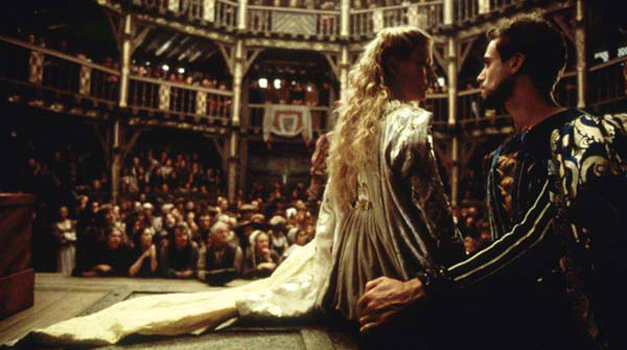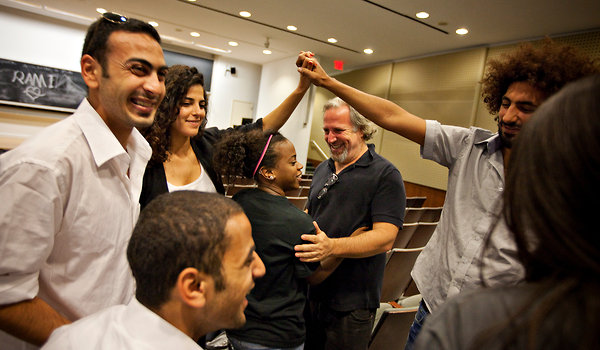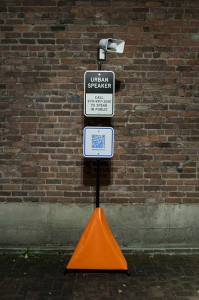
Have you ever read Little Women? It is my favorite book of all time. But don't worry if you started it and really didn't see the appeal - my best friend is was! one of those. On the other hand, if you've never heard of it or just said, "Is that the one with Sutton Foster?" please don't provide me with that information. =(
I read Little Women, the abridgement, for the first time when I was eight or nine. A friend of mine (the type whose family has heirloom copies of this book) had a birthday party at Orchard House, the historical home in Concord, MA, where Louisa May Alcott (the author)'s family once lived, and I think the book was a party favor. I read the full version for the first time when I was in, I think, sixth grade. I'm not going to lie to you; I "borrowed" that from a classroom and still have not returned it. It's in a box in my bedroom right now. It's one of those books I bring to school every year, though I rarely have time to read anything. It is accessible, the full text, online; but that's not the same.
My best friend is not the Little Women type. She is also not the Little House on the Prairie type, except maybe for the fact that those books are full of descriptions of food. She started trying to read Little Women for the first time when I was packing to move out of West freshman year, sitting on my bed squinting at the first pages, making snarky comments, and ultimately falling asleep. But a couple of weeks ago, she turned up being all, "I'm reading Little Women!" and I was like, "=| ...I've been burned before." But she did, in fact, finish it this time, and she very much enjoyed parts of it. It's been interesting how her experience, reading for the first time as an adult, differs from mine. (It's also interesting how my relationship with the book has changed over time. Everyone's does, who read it as a kid.) (If you've actually come this far and want to tell me about your experience, if you have one, I will almost certainly also find that interesting. Please tell meee. I love talking about this book; I really do.)
Anyway, bestie turned 23 this weekend, and she loves historical homes and junk (we're really cool), so I was all, "We could go to Orchard House now!" and she got REALLY EXCITED. So we went. It was - smaller than I remembered.
I could make a million blog posts about this. I could talk about adaptation, and how the Alcotts were not the Marches, and yet everything in Little Women really happened to someone; or how I feel about the film/s that have been made (seeing this story I love so much come to life, vs. Christian Bale, what is up with your hair? and Winona Ryder, why...just why). I could maybe try to talk about what it means to take someone else's work so far into yourself that, growing up, you quote it to yourself as you develop your own values and try to live by them.
Nah. Let's talk about wallpaper!
The thing that's really amazing about Orchard House, and all historical homes, is how they've been preserved and restored. Reconstructing a family's life - can you imagine? I hope so - you have to make it so I can imagine. Even selecting the perfect china pattern is, as bestie said, "...weirdly important." They found a photo of the wallpaper that was in May Alcott (the "real" Amy)'s room when she lived there. They sent away to France, where the original paper was made, for a replica. But why? It's not like lots of tourists are coming through going, "God, that wallpaper was historically inaccurate. Totally threw off my visit!" It's just...every little piece counts. You're creating a world. I don't know; we were talking about that, and it just seemed very EF's Visit to a Small Planet to me.
What are your favorite historical sites or carefully-researched period pieces? Did you visit/see/experience them as a kid, or more recently? Have you ever been struck by how something seemingly insignificant - a pincushion, a mug - can be what opens a world to you? What was it? Why?

 I came across an
I came across an 



 In the United States, theatre artists spend exhaustive amounts of time pleading with our government for more federal funding, or for more public appreciation, or for prettier costumes. I believe that most of these things are valid and necessary to the livelihood of theatre in this country. But as Americans, we generally have the tendency to ask for more, more, more without ever appreciating what it is we have in the first place. We want higher budgets and bigger names; in other countries, theatre companies want to cast an actor without fear of them being murdered or detained by their own government.
In the United States, theatre artists spend exhaustive amounts of time pleading with our government for more federal funding, or for more public appreciation, or for prettier costumes. I believe that most of these things are valid and necessary to the livelihood of theatre in this country. But as Americans, we generally have the tendency to ask for more, more, more without ever appreciating what it is we have in the first place. We want higher budgets and bigger names; in other countries, theatre companies want to cast an actor without fear of them being murdered or detained by their own government.

